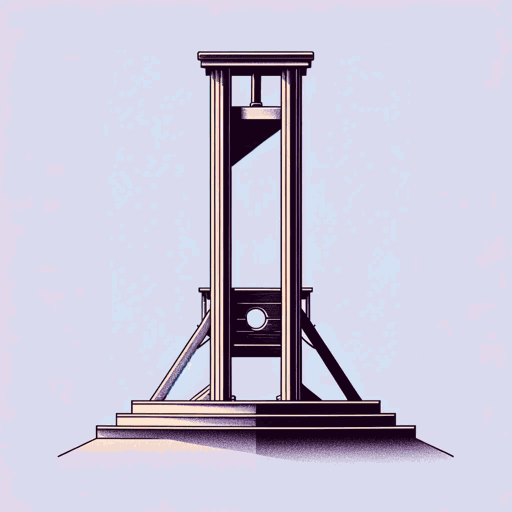47 pages • 1 hour read
Albert CamusThe Myth of Sisyphus
Nonfiction | Essay / Speech | Adult | Published in 1942A modern alternative to SparkNotes and CliffsNotes, SuperSummary offers high-quality Study Guides with detailed chapter summaries and analysis of major themes, characters, and more.
Preface-Part 1Chapter Summaries & Analyses
Part 1: “An Absurd Reasoning”
Preface Summary
The Preface, written by Camus, introduces the 1955 edition.
Camus declares that The Myth of Sisyphus presents the idea that suicide may be a legitimate response to the absurdity of life. In a later work, The Rebel, he considers whether murder is a legitimate response to the absurdities of social and political oppression. Camus asserts that whether or not someone believes in God, suicide isn’t a good answer, and that there are better, more creative ways to face meaninglessness.
Foreword Summary
The book presents the “absurd sensitivity” that torments modern people. This condition isn’t to be diagnosed and cured by some philosophy; it must first be described, and then later dealt with.
Part 1, Section 1 Summary: “Absurdity and Suicide”
The first question of philosophy should be whether life is worth living. All other philosophical problems are less important. Two main methods of thought can help: the factual, epitomized by Jacques de La Palisse, and the emotional, represented by Don Quixote.
Suicide “is prepared within the silence of the heart, as is a great work of art” (4). Suicides can happen suddenly when a random act sets off an avalanche of accumulated regrets. It amounts to a confession that life has become too much of a burden.
Related Titles
By Albert Camus








